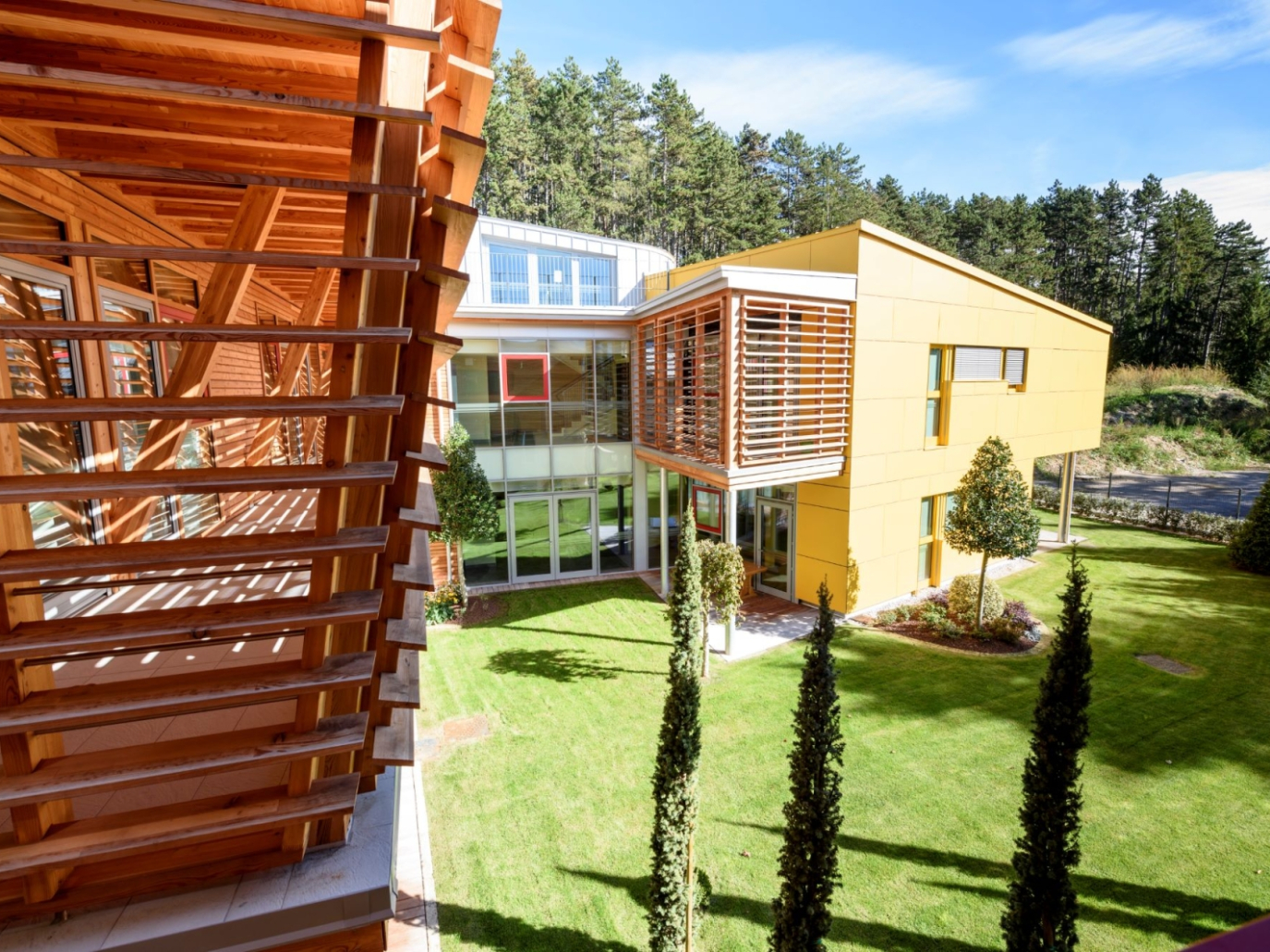Health, energy efficiency, sustainability, beauty. The advantages of wood construction are well known, and, with the development of new building technologies and constant materials research, they are becoming more evident year after year. Even in a country like Italy, which – unlike others in Northern Europe or North America – still has not developed a strong market for wood-based buildings.
Although the sector in Italy is relatively young, it is nevertheless in constant growth thanks to stakeholders working on a holistic approach, covering not only trade and technology but also training and marketing, to create an all-round culture of wood. Like in the case of Habitech – Distretto Tecnologico Trentino, which, 12 years ago, launched ARCA, Italy’s first system for the certification of wood construction.
The ARCA system
It is no coincidence that, when talking about ARCA, its creators call it a “system”. This is because it is not simply a certification protocol, but rather a constellation of initiatives that aim to make wood construction in Italy a consolidated practice and not just a passing trend. “The development of a certification protocol, the training of qualified professionals, and the establishment of a network are the three pillars needed to create a true culture of wood here in Italy,” ARCA Project Manager Mauro Carlino tells Renewable Matter.
The certification protocol
Accordingly, the first step was to develop a certification protocol that stood out from the rest thanks to its specific focus on wood construction. “ARCA’s distinctiveness comes from being a vertical certification,” says Carlino. “This means it does not assess a cross-cutting issue, such as energy efficiency, across all construction technologies. Instead, it focuses on a specific technology, namely wood, and examines all its aspects: efficiency, acoustics, durability, health, safety, and so forth. Thus, ARCA can collaborate with other cross-cutting certifications such as LEED, CasaClima, or Passivhaus, in a complementary fashion.”
The reason why clients should turn to a complementary certification is easily explained: the market for wood construction in Italy has become established relatively recently and is rapidly expanding, which can lead to risks of design and manufacturing errors due to a lack of preparedness among businesses. “Having a specific certification for this technology therefore becomes a further guarantee of the building’s quality,” says Carlino.
The ARCA protocol analyses various parameters grouped into four themed areas: technical performance (which includes energy efficiency, acoustic insulation, ventilation, fire resistance, and anti-seismic performance), sustainability (tested starting from the wood products being utilized and the use of healthy materials with low VOC emissions), innovation, and supply chain (which also includes LCA analysis for carbon footprint verification).
So far, 138 residential, social housing and large public construction projects have been certified. The latter category includes the iconic Be Factory for the Rovereto-based Progetto Manifattura, nestled among the Alps in Trentino.
Training and network
As mentioned, however, the ARCA system is not limited to certification alone. “Having launched the protocol, we moved on to the wider-ranging part of the project,” Carlino explains. “Habitech is a B-Corp with a mission to transform the construction and energy markets by creating innovation and bringing inspiration through new sustainable processes and integrated supply chains, including the sustainable wood construction supply chain.” And to promote a new culture of wood, the first step has to be the training of qualified professionals. “To this end, we offer initiatives at various levels: from intensive two-day workshops to a more long-form course comprised of twenty lessons, which is effectively comparable to a master’s degree.”
Finally, it is vital to establish a network, an ecosystem of stakeholders in the sector. “The businesses who want to invest in wood construction obviously need to find trained and expert professionals: designers, architects, engineers, component manufacturers,” says Carlino. “Through the ARCA network, we put businesses in touch with professionals and professionals in touch with each other, to create synergies, collaborations, and foster an exchange of know-how and best practices.” Everything that is needed, basically, to develop a true culture of wood construction.
Also read: MAN AND FORESTS, IT’S ALL A MATTER OF TIMESCALE
Images: Habitech



